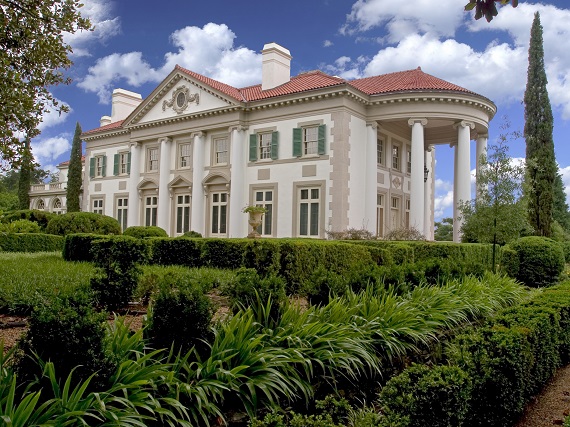
Presented at the 2017 Abbeville Institute Summer School.
As scholars dedicated to exploring what is true and valuable in the Southern tradition, we are most often drawn to the antebellum South and the early federal period, the days when Jeffersonian federalism and political economy reigned supreme and Southern statesmen were regarded as the best in the land. We still fight the old battles, taking our time to explain the morality of secession and nullification, the depth of antebellum Southern literary and religious figures, the Jeffersonian critique of industrial capitalism, and the unquestioned superiority of Southern legal scholars and political theorists like St. George Tucker, Abel P. Upshur, John Taylor of Caroline, and John C. Calhoun.
Antebellum Southerners, as Eugene Genovese pointed out, have an important place in the historical record, not merely as subjects of condemnation as the modern profession so often proclaims, but as real intellectuals whose “finest aspects of their thought, shorn from the tragic commitment to slavery and racism, constitute a searing critique of some of the most dangerous tendencies in modern life.”
We wield pens instead of rifles and charge the ramparts for historical glory, waving our flags and hoping that we will not meet the same fate as Pettigrew’s men at Gettysburg. Unfortunately, the cultural Marxists stand on Cemetery Ridge, supported by the huge cannons of the Lincolnian myth, the professional academy, and their allies that control American pop culture and media.
More @ The Abbeville Institute

No comments:
Post a Comment